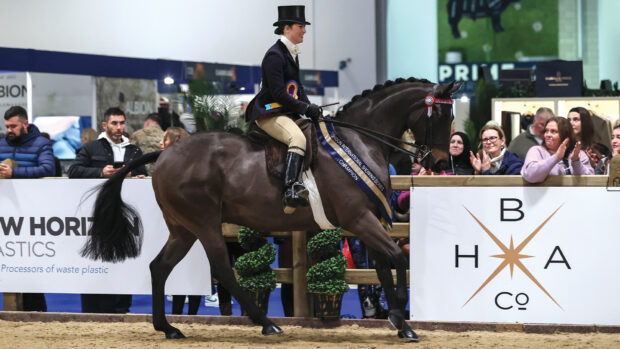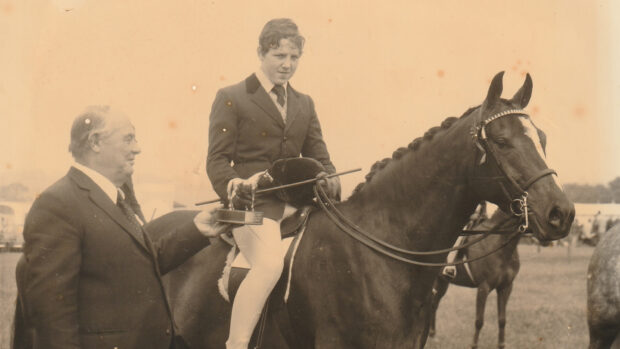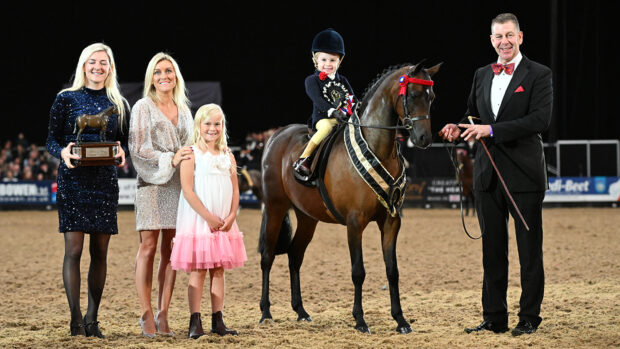International riders have called for sweeping changes to the way dressage is scored, including deducting marks for a movement from an initial 10 rather than amassing them.
Wayne Channon, secretary general of the International Dressage Riders’ Club (IDRC), led discussions last week at the Global Dressage Forum in the Netherlands (25-26 October), calling for a five-year plan to change the judging system.
He said: “Judges are doing the best job a human can, but we need a system that can cope with natural biases and a code of points to make it easier.”
Dutch sports psychologist Inga Wolframm, whom the IDRC had asked to scrutinise the judging system, backed up his claims of unintentional bias.
“It’s human nature to form an opinion based on previous experience,” she said.
“There’s so much information for a judge to assess in a test, no wonder they develop ‘short cuts’ [such as relying on previous knowledge] to award points.”
And judge Jennie Loriston-Clarke admitted: “Judges all want to be fair, but you are under tremendous pressure from what you already know.”
Other concerns, identified by Ms Wolframm, are a tendency for judges not to give as many marks to earlier combinations.
And she said the current system encourages judges to look to each other in marking.
In response, Kyra Kyrklund, president of the IDRC, called for riders to be drawn in random order and for judges’ marks to be anonymous.
She said: “We want judges’ honest opinions.”
But Frank Kempermann, chairman of the FEI dressage committee, argued against riders being drawn randomly, saying competing in reverse order is a more attractive format for TV.
Ms Wolframm argued that scoring from zero to 10 lends itself to bias. She and Mr Channon argued for starting at 10 and deducting marks.
FEI director of dressage Trond Asmyr said he would take the suggestions to the FEI.
He said: “The changes we have already made — such as seven judges rather than five — are just one step towards improving our system.”
This article was first published in Horse & Hound (4 November, ’10)



